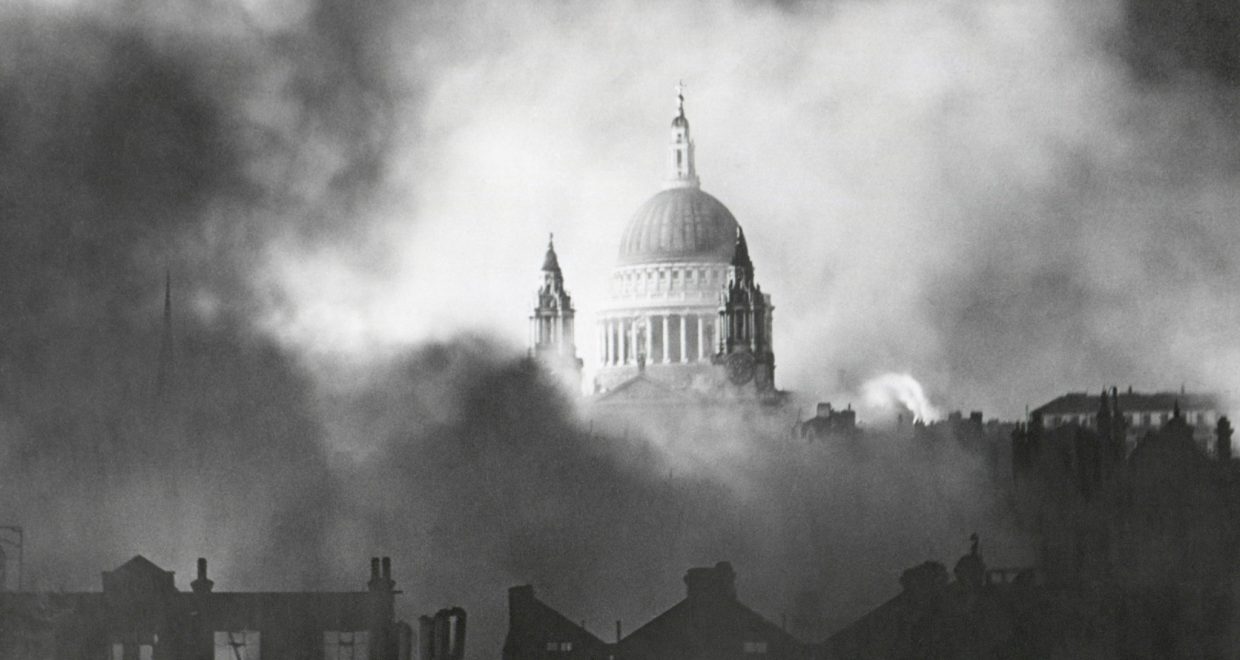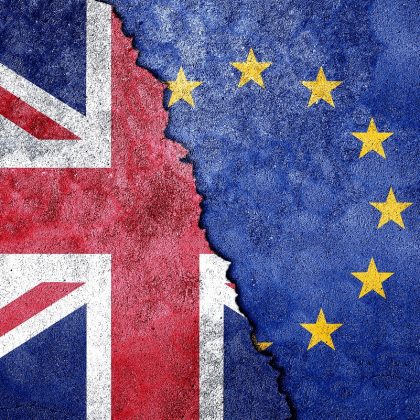Brexit and Our World Wars
In this blog Professor David Reynold’s discusses his article ‘Britain, the Two World Wars, and the Problem of Narrative’ which was published in The Historical Journal.
No one knows what Brexit means, but it’s now happening. Theresa May has pulled the trigger and the Great Escape is on. In two years we will be in heaven or hell – depending on who you believe – or perhaps in a no man’s land of red tape, temper tantrums and perpetual negotiation.
But one thing is certain: Great Britain is unlikely to escape from its World Wars. They are a distinctive part of our identity, to a degree that often surprises and puzzles our neighbours on the Continent.
In my recent long article for the Historical Journal entitled ‘Britain, the Two World Wars, and the Problem of Narrative’ I explore why we Brits have had such difficulty coming to terms with our twentieth-century past. The rolling centenary of 1914-18 has shown anew that we still find it difficult to construct a satisfying narrative of the Great War, with a stark moral meaning. That has never been a problem for 1939-45 which, as I explain, achieved almost immediately its iconic status as Britain ‘finest hour’ – helped by Churchill as the Great Narrator.
This story of the First World War as tragedy and the Second as triumph is not unique. It has, for instance, parallels in the United States. And, like Britain, other countries see one world war through the prism of the other. For France, the noble sacrifice of 1914-18 has been accentuated by the shame and guilt of 1939-45. In Germany, guilt about the Hitlerzeit – almost a part of national identity – has hung over interpretations of 1914-18, at least until very recently.
But no other country has been as obsessed as Britain with its two world wars. When the EEC was founded sixty years ago in 1957, France and West Germany seized the chance to move into a new cooperative relationship. For them ‘Europe’ became a positive grand narrative from which to escape from the story of the world wars. The UK, by contrast, viewed the EEC as good for ‘them’ not ‘us’. Still basking in the victory of 1945 – won with the help of those Churchill called ‘the English-speaking peoples’ – British leaders remained intent on their global role. When they finally knocked on the door at Brussels, it was too late: Charles de Gaulle kept Britain out for a decade and by the time the country did join in 1973 the basic deals among the Six had set hard, to Britain’s detriment.
The tragic narrative of 1914-18 and the triumphalist narrative of 1939-45 do share a common sense of Britain as author of its fate – deciding, in moments of breathless drama, whether or not to enter the conflicts and then, through titanic acts of national unity, determining its destiny and that of the world. By contrast, the second half of twentieth century, with the rapid and often bloody end of empire and then our unhappy marriage with ‘Europe’ seems a story of progressive impotence.
One attraction of Brexit for its supporters is the idea that once again Britain would be maker not victim of history. Whether that hope will be realized is as yet an unknown. What seems clear is that, unlike France and Germany, Britain has not been able to transcend its wars.
That troubled past is part of the story of 23 June 2016.
Read David Reynolds’s latest Historical Journal article ‘Britain, the Two World Wars, and the Problem of Narrative’ here.






